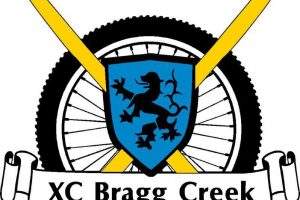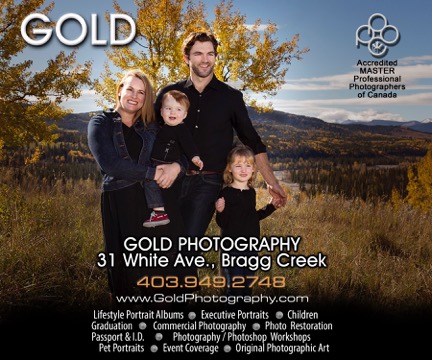Four Pillars of Community
In working with families, individuals, community leaders, and business owners, I have concluded that there are four basic principles that are the foundation of all successful organizations. The four elements are trust, transparency, tryst, and team.
Trust — This is the confidence that you will be where you said you will be, doing what you said you will do, when you said that you would do it. When I was a child, I remember adults saying, “His word is his bond.” In other words, a person would be where they said they would be, doing what they said they would do, when they said they would do it.
There is a big difference between forgiveness and trust. Forgiveness is extended based on mercy. We do not earn forgiveness; it is given based on our acknowledgement of wrong. Trust is earned. Consistent performance in fulfilling our responsibility puts money in our trust account. When a person steals, lies, cheats on a spouse, is consistently late, fails to keep their word, or speaks slanderously, they erode trust a bring a dark cloud into the relationship. Forgiveness can be extended but trust must be rebuilt and that takes time.
Transparency — This is a willingness to be vulnerable and walk in the light. Trust and transparency are like a hand in the glove. Confession that is made when one is caught is different than open acknowledgement of a wrong that is voluntary. Transparency involves the willingness to admit weakness. We do not derive our value from our performance. We bring out worth to our work we do not derive it from our work. When we are secure in who we are we don’t have to be right. Being teachable adds strength to our trustworthiness. Unwillingness to admit weakness makes trust very difficult. Personally, I find it very difficult to trust a person who doesn’t walk with a limp.
Transparency involves clarifying the meaning of our words. We learn to mean what we say and say what we mean. We don’t cover our words with flattery, half- truth, or innuendos. Transparency and truth are partners and must always be laced with kindness.
Transparency is not an invitation to “shot from the hip” or make derogatory marks. “I don’t think that dress highlights your personality” is better than, “I don’t like that, its ugly!” The first statement draws attention to the value of the person while the second gives no consideration to the impact of your words.
Transparency also involves an honest evaluation of our motives. After my beloved’s death I was writing an obituary for the memorial service and the paper. I gave it to my sister-in-law to read. She highlighted one section and said, “Is this about you or Marva?” Ouch! She hit the nail on the head. I had to admit, it highlighted my care not her character.
Transparency is the willingness to be honest about the internal motives that drive our decisions and shape our desires. Without transparency it is almost impossible to build trust.
Tryst — the interlacing bond of emotional intimacy. This word is used most often to describe an intimate secret relationship between two lovers. But I want to use it to describe the sharing of a dream. The commitment to help someone else fulfill their dream.
The greatest success anyone can have is helping someone else become successful. A tryst climbs over competition and concentrates on collaboration. It is really the foundation of team. It is the quiet confidence that you will not take advantage of my weakness but will bring your strength to my assistance. Tryst takes our communication from the head to the heart.
Team — Blending assets and liabilities to achieve a common goal. Every team is a blending of strengths and weakness. In football a lineman would make a weak quarterback. In the same way, a quarterback wouldn’t survive on the line.
The goal of a team must be greater than just winning a game, making a profit, or overcoming an obstacle. Each participant must know that they have given 100% of their capacity at the end of the game, event or transaction. Blame or victimhood are not allowed on the field, in the boardroom, or in any discussion of the event.
To have a good team there needs to be an honest evaluation of every player. Each player must know the boundaries of his strength and the limitations of his weakness. Every participant must be committed to covering the weakness of others and at the same time recognize that others are filling the gap of his deficiencies.
A good team is willing to evaluate each game. What did we do well and where were we weak. What steps of action will strengthen our weakness and how can we move from good to better, and better to best.
A good team is infused with the attitude of honor. In fact, each person looks for ways that they can give honor to others rather than putting the spotlight on themselves.
Join me in building networks of trust, transparency, tryst and team and I’ll see you at the top.
Duane Harder


























